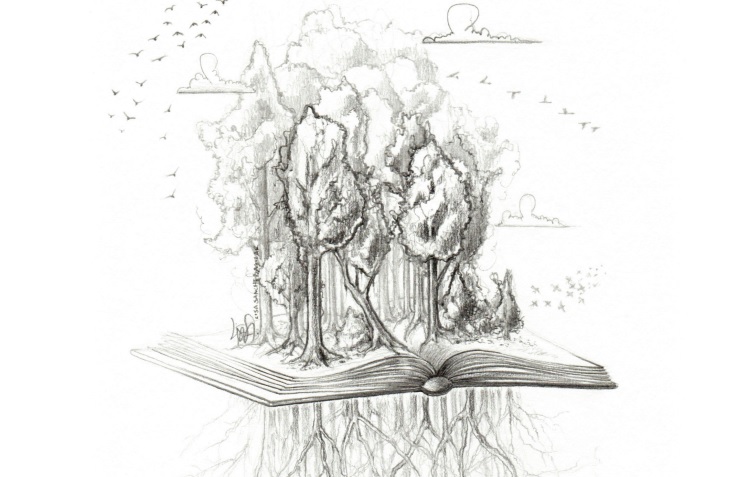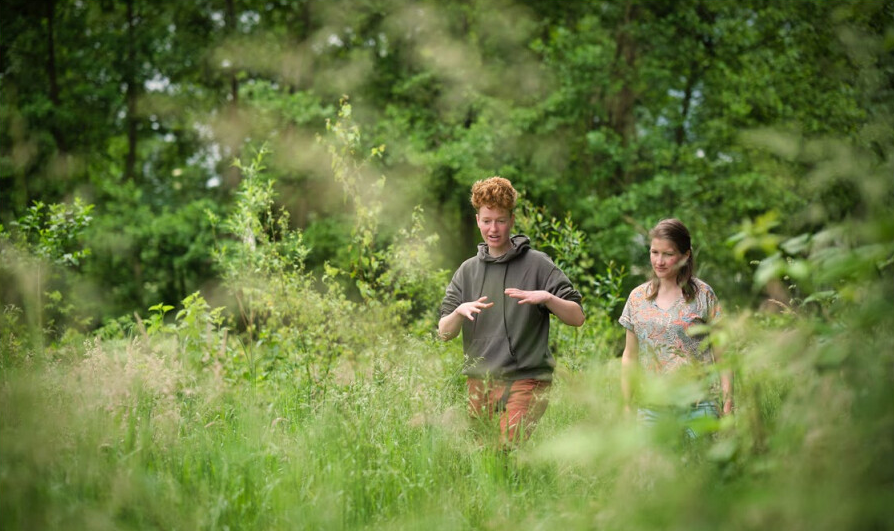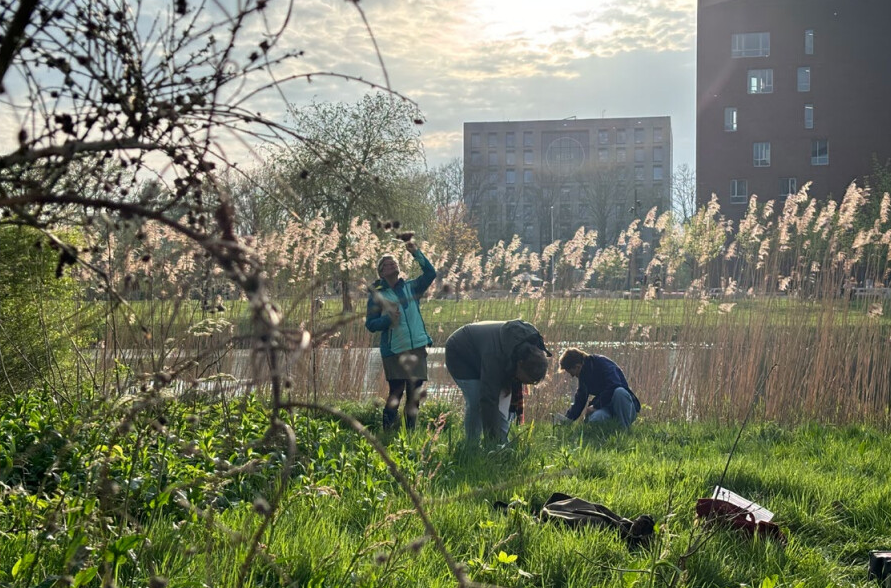Koen Arts enjoys reading, and he also writes books as a teacher, philosopher and nature conservationist. He also enjoys thinking about books. As of next month, he will no longer do so alone but in the company of a rather large group. Almost one hundred people have already signed up for the Reading for Planet Earth Book Club launched by him and his colleagues. And more to come.
He calls it a ‘book club with a mission’. That mission encourages reflection on how we deal with nature and the planet. The list for the first year contains classics such as Silent Spring (Rachel Carson) and Vuur en Beschaving (Fire and Civilization, Johan Goudsblom). But also modern bestsellers such as The Dawn of Everything (David Graever/David Wengrow) and A bigger picture (Vanessa Nakate).
Inclusive
‘I made the list as inclusive as possible’, says Arts. ‘A mix of classics and modern bestsellers, written by both men and women from both hemispheres. These are not just books written by white males of over fifty. I have, at some point, read most of these books, but not all. It is a list that I believe will influence how we think about the planet.’
I believe that students barely read books anymore
Koen Arts, teacher Forest and Nature Conservation Policy Group
Not only the list but the way the club is organised is also inclusive: everyone is welcome, from students to professors. Reading is central. The interactive part is a 75-minute meeting on campus. After a short presentation, the book is discussed in small groups. The meetings are English spoken, but each fourth edition will focus on a Dutch book.
Credits
To make the club more attractive to students, credits can be earned. To obtain three credits, students must read three books, be present at the meetings and write a 2000-word essay. Double the effort will award double the credits. ‘This is new for WUR’, says Arts. ‘But at Oxford University, there are courses that are made up solely of reading and discussing books.’
A book will draw you in completely
Koen Arts, teacher Forest and Nature Conservation Policy Group
Arts aims to stimulate reading through the book club. I believe that students barely read books anymore, while books are the very foundation of the university. And there is much to be said for that still. Publishing articles is important for scientists, but articles are less haunting than a book and often don’t stick for as long. A book will draw you in completely.’
(Click here for more information and the full list of books. The first meeting is on Wednesday 3 May, 12.30 in Gaia 1)

 Illustration Lisa Sánchez Aguilar
Illustration Lisa Sánchez Aguilar 

